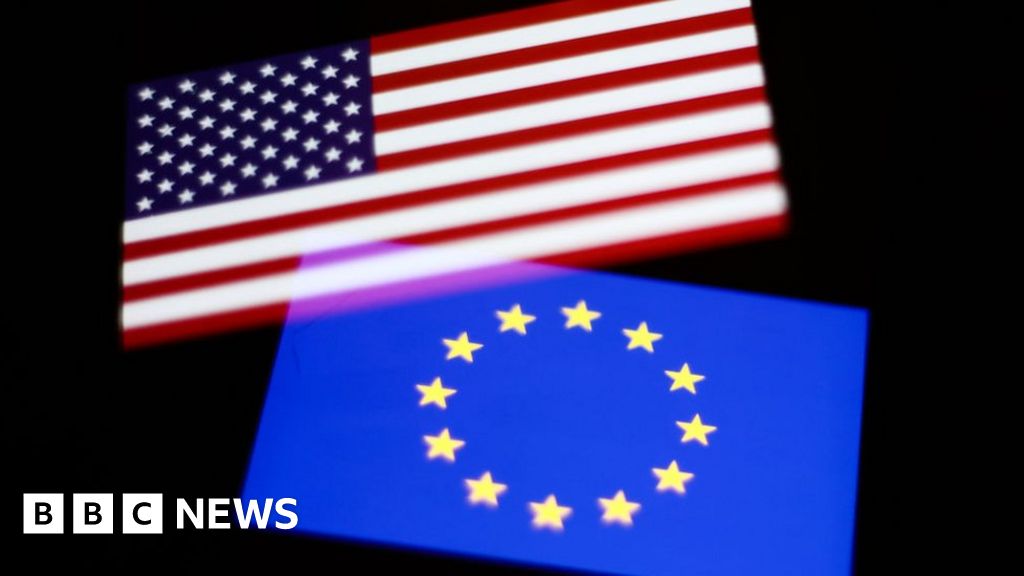Privacy Activists Slam EU-US Pact On Data Sharing

The European Commission has announced a pact with the US to allow easier legal transfer of personal data across the Atlantic.
Data privacy activists vowed to challenge the agreement in court.
President Joe Biden and EU officials welcomed the deal, which overcame objections about US intelligence agencies' access to European data.
The deal ensures Meta, Google and other tech giants can continue sharing information with the US.
Two previous attempts to create a legal framework on US-EU data sharing had been shot down in European courts over privacy concerns.
Monday's pact aims to ease European concerns over any personal information that ends up shared with US intelligence agencies.
Americans are mostly shielded legally from electronic snooping by US spy agencies, but foreigners are not.
The EU-US agreement allows Europeans to object if they suspect their data has been collected by American intelligence.
A Data Protection Review Court, made up of US judges, will be created to hear the claims.
The EU-US Data Privacy Framework, which goes into effect on Tuesday, also pledges only "necessary and proportionate" data will be collected.
EU Justice Commissioner Didier Reynders said the "robust" agreement meant "personal data can now flow freely and safely" from Europe to the US.
But non-profit group NOYB (None of Your Business), led by Austrian privacy activist Max Schrems, vowed to challenge the decision.
Mr Schrems said in a statement: "Just announcing that something is 'new,' 'robust' or 'effective' does not cut it before the [European] Court of Justice.
"We would need changes in US surveillance law to make this work and we simply don't have it."
Mr Schrems previously challenged Facebook's storage of data, saying it violated his European privacy rights, and the European Union's top court agreed.
President Biden paved the way for the final deal by issuing an executive order in October 2022 requiring US intelligence officials to add more data collection protections while balancing them with national security concerns.
Compared with the EU, the US has lenient privacy laws.
In May, the EU hit Facebook owner Meta with a $1.3bn (£1bn) fine, ordering the company to stop sharing European users data across to the US.
Meta has said without a legal outline for data transfers, it would be forced to stop providing its products and services in Europe.
From Chip War To Cloud War: The Next Frontier In Global Tech Competition
The global chip war, characterized by intense competition among nations and corporations for supremacy in semiconductor ... Read more
The High Stakes Of Tech Regulation: Security Risks And Market Dynamics
The influence of tech giants in the global economy continues to grow, raising crucial questions about how to balance sec... Read more
The Tyranny Of Instagram Interiors: Why It's Time To Break Free From Algorithm-Driven Aesthetics
Instagram has become a dominant force in shaping interior design trends, offering a seemingly endless stream of inspirat... Read more
The Data Crunch In AI: Strategies For Sustainability
Exploring solutions to the imminent exhaustion of internet data for AI training.As the artificial intelligence (AI) indu... Read more
Google Abandons Four-Year Effort To Remove Cookies From Chrome Browser
After four years of dedicated effort, Google has decided to abandon its plan to remove third-party cookies from its Chro... Read more
LinkedIn Embraces AI And Gamification To Drive User Engagement And Revenue
In an effort to tackle slowing revenue growth and enhance user engagement, LinkedIn is turning to artificial intelligenc... Read more

